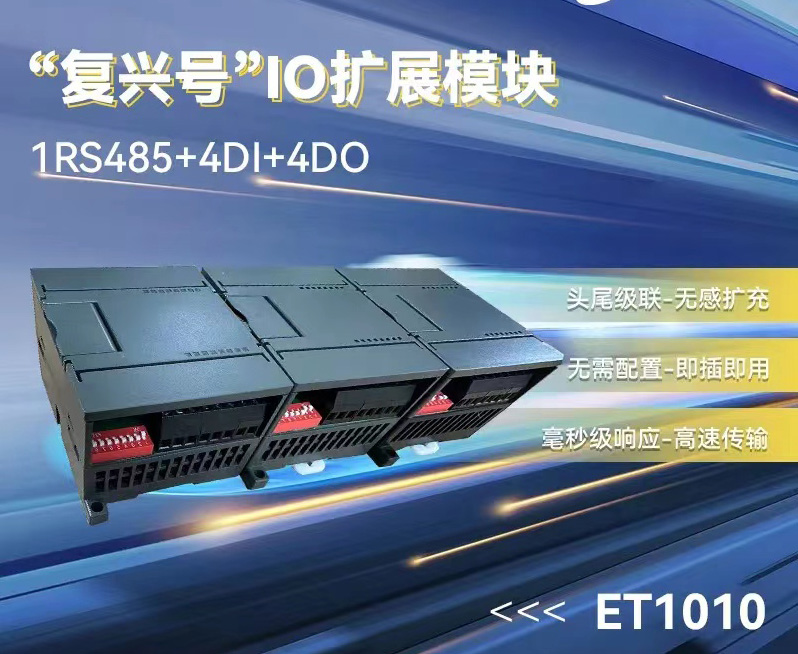The IO module (Input/Output Module) is an external device used to expand the input and output functions of the computer system. It can be expanded to multiple nodes, depending on the specific IO module type and system design.
Some common IO modules include serial communication modules, parallel communication modules, extended storage modules, etc. These modules are usually connected to the computer host through the bus interface (such as PCI, USB, etc.) on the motherboard.

The specific limit on the number of expansion nodes depends on the following factors:
1. Hardware limitations of the host system: The hardware design and bus interface specifications of the host system may limit the number of expansion nodes. For example, some motherboards only support a specific number of PCI slots, so the number of nodes that can control IO modules is limited.
2. Operating system support: The operating system may limit the number of nodes of the IO module, depending on the driver and system configuration. Different operating systems may have different restrictions.
3. Types and specifications of IO modules: Different types of IO modules have different specifications and functions, and the number of nodes they support will also be different. Some IO modules may only support a single node, while other modules may support multiple nodes.
It should be noted that the number of nodes of the expansion IO module is not unlimited and is subject to hardware and software restrictions. When designing and using IO modules, system requirements and limitations need to be carefully considered to ensure stable and reliable operation.
To sum up, the number of IO module nodes depends on the host system hardware design, operating system support, and specific IO module type and specifications . In actual applications, appropriate IO modules need to be selected and configured according to system requirements and limitations to meet the needs of expansion nodes.